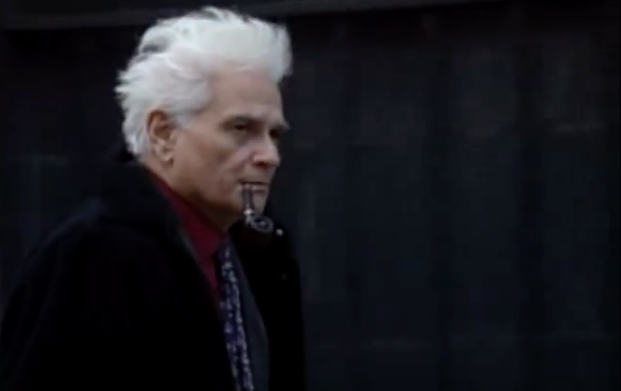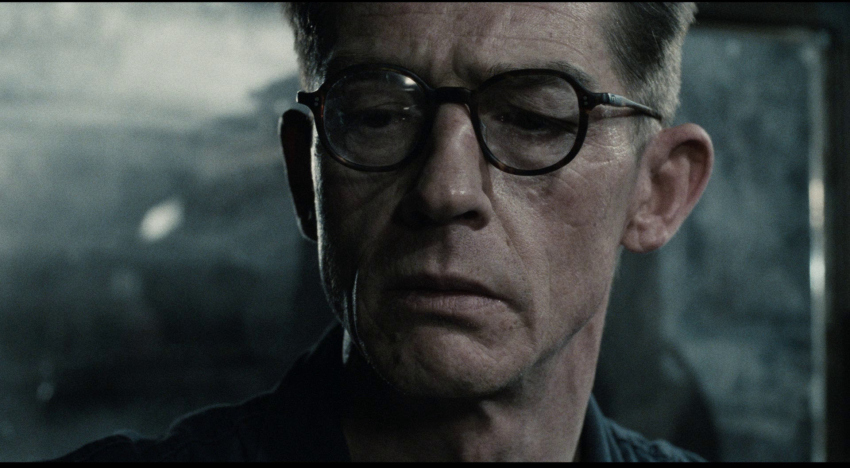Film Matters is excited to announce the release of issue 10.2 — guest edited by The Ohio State University’s Margaret C. Flinn, with the help of Associate Guest Editor Anna Talarico and undergraduate students — on the theme of documentary!
In this issue, you will find the following feature articles:
- Werner Herzog’s Burgeoning Voice in The Great Ecstasy of the Woodcarver Steiner by Jack Corbett
- Generational Reenactment: Participating in Historical Reenactment to Confront Post-Deportation Trauma by Austin Graham Dunn
- This Is How I Remember: The Beaches of Agnès, Documentary Narration, and Building a Self in Film by Matthew Jacobs
- In the Presence of Other Bodies: Ear-Opening Internal Sound in Nicolas Philiberts In the Land of the Deaf by Brynne McGregor
And these featurettes:
- The 5th Annual Cinema Revival: A Festival of Film Restoration in Columbus, Ohio by Matthew Jacobs and Zachary DeSola
- Sundance Documentary Shorts Program 1 Review by Quinn Wright
- The Grand Bizarre and Hoarders Without Boarders 1.0 at The Wexner Center for the Arts by Austin Graham Dunn
- Top Tier, Not Top Dollar: University of Texas at Austins MFA in Film and Media Production by Brynne McGregor
As well as book, film, and DVD/Blu-ray reviews by: Jack Corbett, Brian C. Davis, Austin Graham Dunn, Rylan Lee, Nick Michael, Cari Milowicki, Jonathan T. Pearce, Jordan Michael-Victor Penrose, Jenicka Roche, and Kelly Rudolph.
For more details about this issue, please visit: https://www.ingentaconnect.com/content/intellect/fm/2019/00000010/00000002
We love to work with guest editors! And we’re always looking for new undergraduate authors! So if you have an idea for an issue or are interested in publishing, please get in touch with us today.
Stay healthy!















































